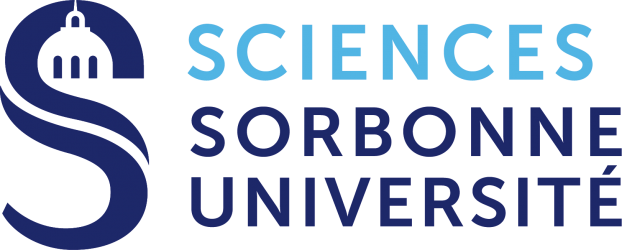The Computational Neurophysics lab at the University of Bremen headed by
Dr. Udo Ernst offers – under the condition of job release – at the earliest
possible date a position until 30.09.2024:
*Research Assistant in Computational Neuroscience (f/m/d)*
German federal pay scale E13 TV-L (65 %)
for the research project
*I-See2 – Improving Intracortical Visual Prostheses Using Complex Coding
and Spontaneous Activation States*
The lives of many individuals are strongly impaired by missing the sense of
vision. One putative option to help them are cortical prostheses. Such
devices record images from our environment, encode this information into
the ‘language’ of the brain, and stimulate neuron populations in the visual
system for creating a corresponding percept.
I-See2 (www.isee.uni-bremen.de) investigates new principles for building
cortical prostheses in an international group with researchers from Canada,
Switzerland and Germany. Your position will be at the heart of the project
in Bremen, where computational methods are developed and data from our
partner labs comes together. You will perform modelling of visual
information processing, analysis of data from electrophysiological
multielectrode recordings and optical voltage imaging, and be involved in
model-driven visual stimulus generation for animal and human experiments.
The position comes with direct supervision by the principal investigators
and project coordinators Dr. David Rotermund and Dr. Udo Ernst.
*Requirements:*
Ideal candidates have a master’s degree in Computational Neurosciences,
Physics, Computer Sciences or in related fields. They must have a strong
background in neural networks, dynamical systems, mathematics and/or data
analysis, and be experienced in programming (preferably in Python/Matlab).
Above all, they must have a strong motivation, a sense for responsibility,
a distinct desire to learn, and the ability to proactively collaborate in
an international research environment. Fluency in English is required (both
written and spoken).
The Computational Neurophysics Lab offers a good working atmosphere, direct
involvement in international research and attractive facilities.
The university is family-friendly, diverse and sees itself as an
international university. We therefore welcome all applicants regardless of
gender, nationality, ethnic and social origin, religion/belief, disability,
age, sexual orientation and identity.
As the University of Bremen intends to increase the proportion of female
employees in science, women are particularly encouraged to apply. In case
of equal personal aptitudes and qualification priority will be given to
disabled persons.
Please explicitly address each of the specified requirements in the
application. Detailed instructions are described below. Please send your
application documents (motivation letter, CV, copy of your degree
certificates including high school, list of skills, awards, publications,
contact details of two academic reference) until December 9th, 2022 by
indicating the job id A325/22 to:
University of Bremen FB1
Computational Neurophysics lab
Secretary of Dr. Udo Ernst
Mrs Agnes Janßen
Hochschulring 18, Cognium
D-28359 Bremen
Tel.: +49 421 218 62000
or in electronic form in a summarized PDF file via e-mail:
ajanssen@neuro.uni-bremen.de.
For questions of the research project please contact:
Dr. Udo Ernst, E-Mail: udo@neuro.uni-bremen.de
See also for general information on this topic:
http://www.isee.uni-bremen.de
*Detailed instructions for applicants*
Your application must comprise:
*Motivation letter*
Your 1-2 page essay should reply the following questions:
• What is your background? In which fields have you worked before and how
do you think this can be useful for the present job?
• What attracts you to the field of computational neuroscience?
• Which problem(s) in computational neuroscience are you most interested in?
• What is your motivation to join our project?
• What are your plans for your future career?
*Curriculum Vitae*
Send a classical tabular CV with your contact details, and all stages of
education and employment.
*List of skills, awards, publications*
List your skills, especially proficiency in languages (including the level
of proficiency), that you think might be useful for the job. Also list
awards you might have got and peer-reviewed papers, in case there are some.
*Contact details of two academic references*
One of the references should be your MSc advisor. Please contact the
references prior to listing their names so that they are not surprised if
they get contacted.
Your application can be in English or German, whatever language you are
more familiar with.

M2 Apprentissage et Algorithmes (M2A)
Master Mathématiques et Applications / Master Informatique – Sorbonne Université